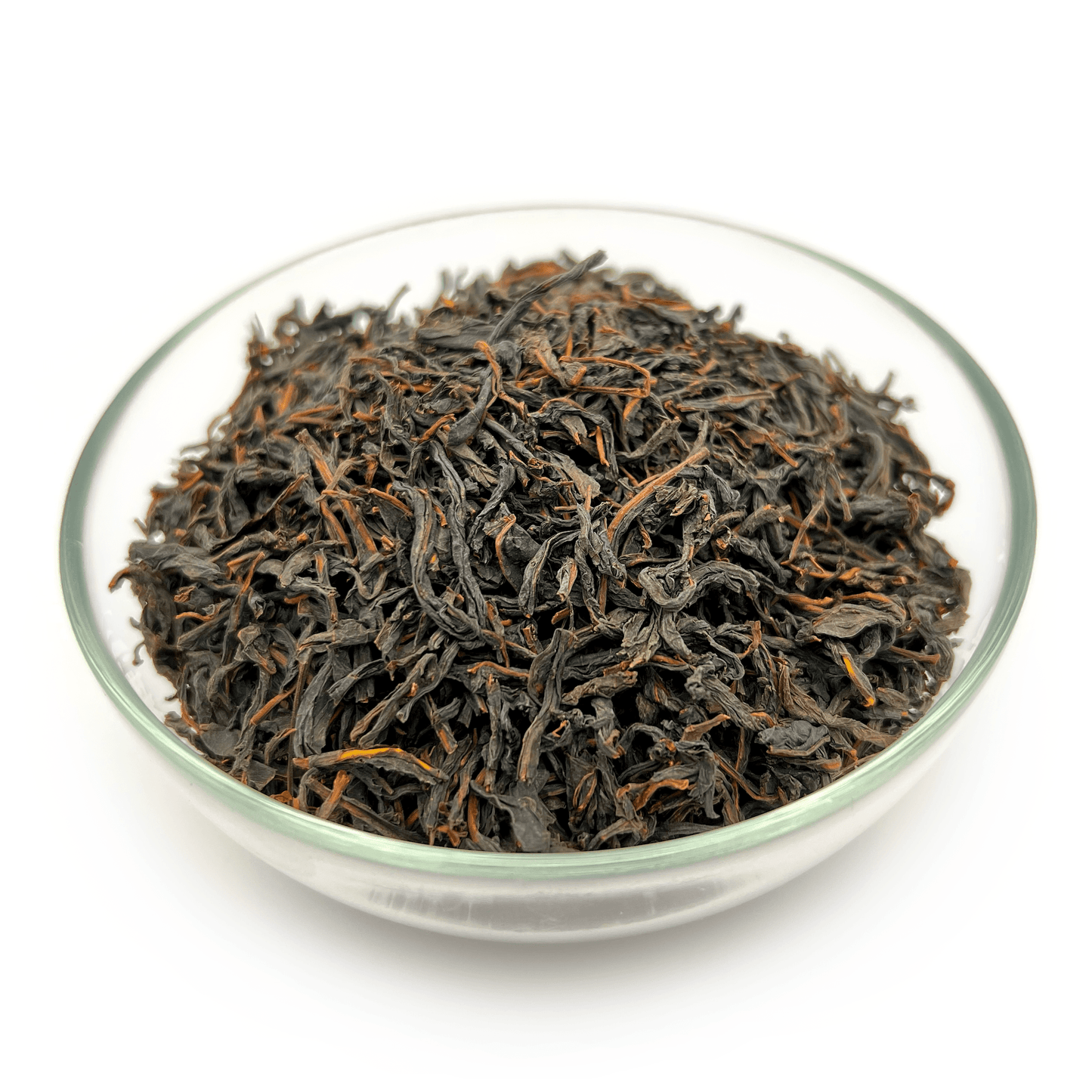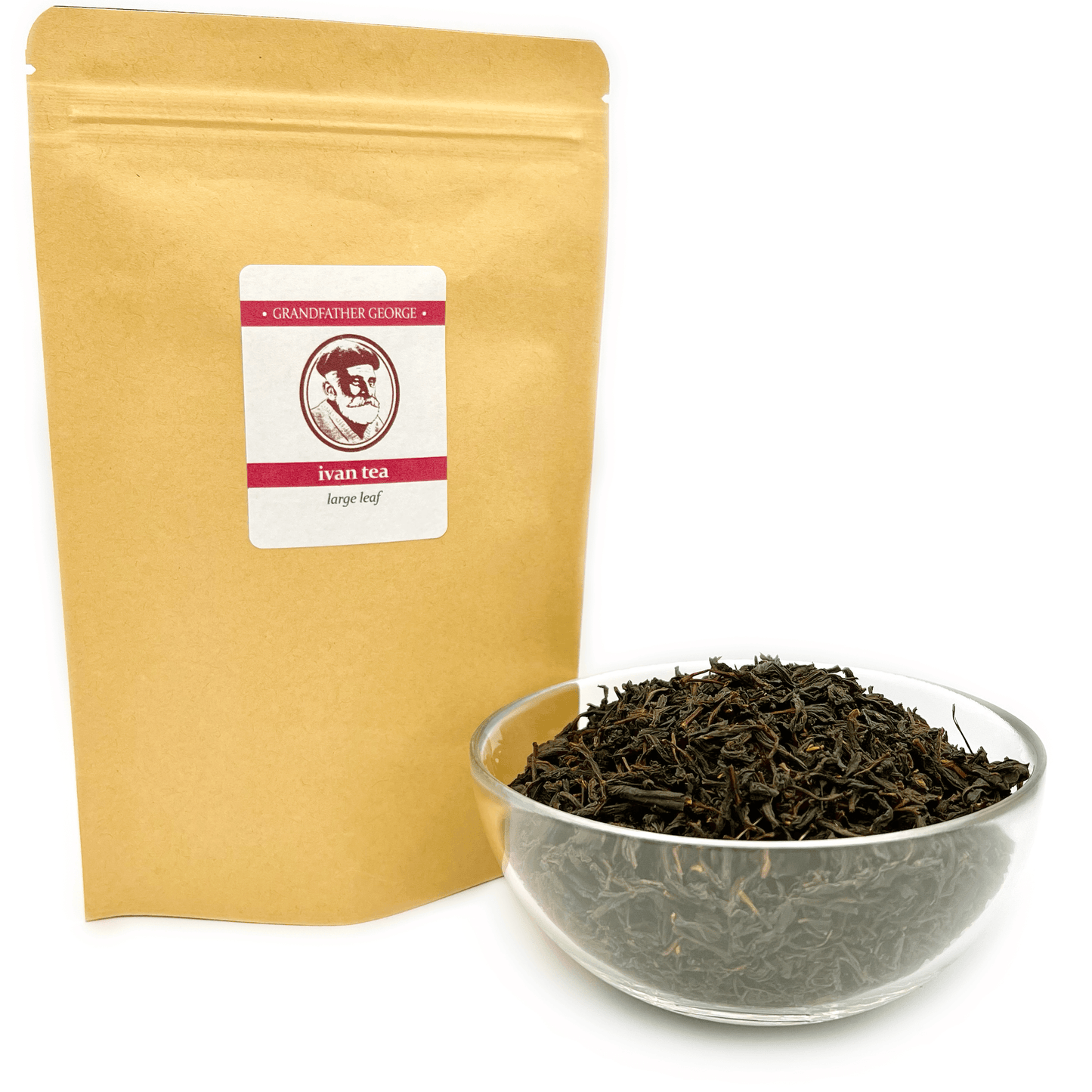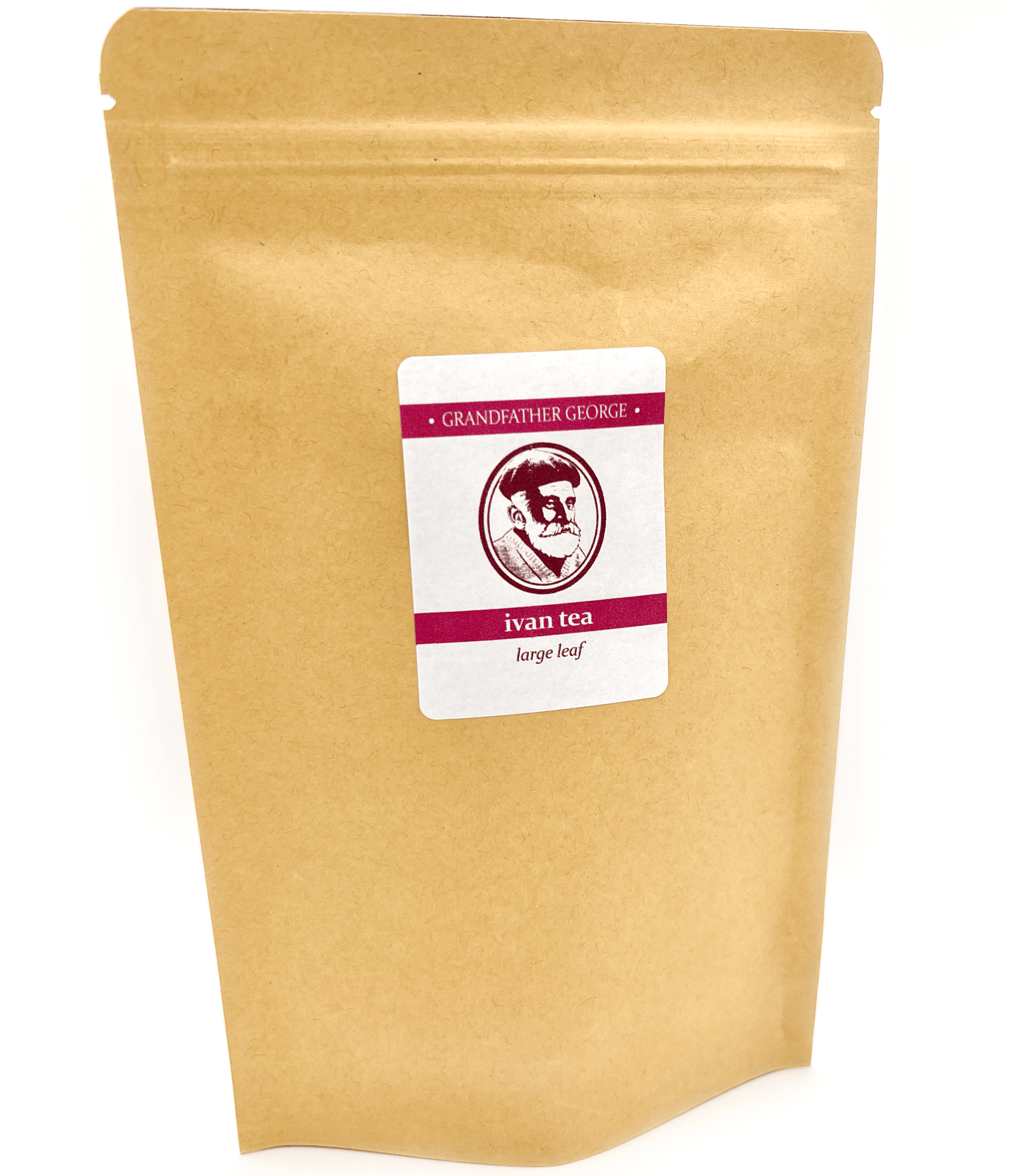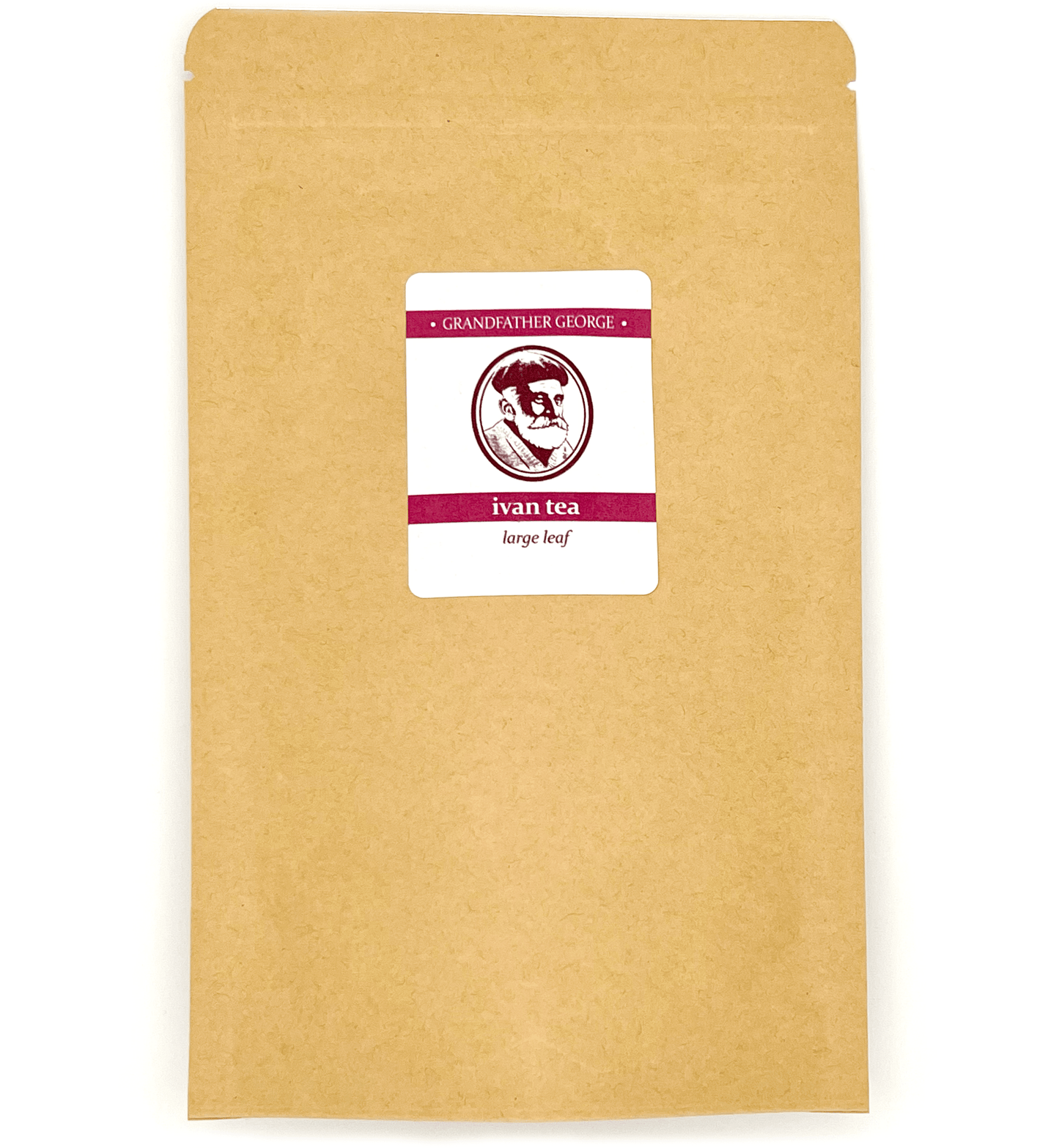There are many debates about coffee: some say it does more harm than good, while others can't go a day without a cup of the invigorating drink. In reality, it's all about moderation: one cup in the morning won't hurt, but regular consumption throughout the day affects the nervous system and leads to dependency. So, what can replace coffee? One worthy candidate is tea made from fireweed. Why is this tea considered a coffee substitute? Does Ivan tea contain caffeine?
How caffeine works and caffeine in coffee
Throughout the day, our brain produces adenosine molecules, which signal the body when it's time to rest and recharge. Any neurotransmitter works not when it's produced but when it attaches to its receptor. Each receptor can only be bound by a specific molecule with certain structure and physical properties. The caffeine molecule is similar to the adenosine molecule. So, when we drink coffee, caffeine molecules enter the central nervous system (CNS) and occupy the free receptors. As a result, adenosine has nowhere to attach, and the person doesn't feel tired. Essentially, caffeine doesn't provide additional energy but simply prevents the feeling of tiredness. This means that if we are already at our physical limit, exhausted, coffee won't help — there will simply be no receptors left for caffeine molecules to bind to.
With constant coffee consumption, long-term changes occur. Adenosine continues to be produced, but it has nowhere to attach, so the brain produces more suitable receptors. As a result, the amount of coffee that used to be enough becomes insufficient, and to stay alert, one has to constantly increase the dose. This explains the withdrawal symptoms experienced by coffee drinkers when they skip their usual cup — sudden fatigue and headaches. So, a cup of coffee in the morning can keep you alert for about 6 hours. But it's not advisable to repeat it throughout the day.
Сaffeine in ordinary tea
Black, green, and white types of tea are produced from the leaves of the same plant - Camellia sinensis. They differ in the time of harvesting and the degree of fermentation. Black tea is classified as fermented, while green and white teas are non-fermented, and there are also semi-fermented oolongs and some types of green tea. This process gives black tea a more robust flavor and increases the level of caffeine extraction from the leaves when steeped in hot water.
The level of caffeine in tea can vary significantly from brand to brand because, as a 2003 study published in the American Journal of Food Chemistry showed, it depends on whether young or mature tea leaves were used for brewing. Caffeine content is lower in older leaves. Tea bags contain more caffeine than loose leaf tea, as the leaves in them are processed into tea dust, leading to greater caffeine extraction when the beverage is steeped in boiling water. However, the amount of tea in a bag is small, so the caffeine level per cup is comparable between bagged and loose leaf tea.
Is There Caffeine in Ivan Tea?
Ivan tea contains no caffeine. Ivan tea is attributed with two seemingly opposite effects: the ability to both invigorate and soothe. This is all thanks to magnesium and vitamins B and C in its composition. The human nervous system is sensitive to the level of magnesium in the body — if there's not enough, we experience fear, anxiety, nervousness, and other symptoms of nervous disorders, headaches. It is magnesium that helps normalize the state of the CNS during emotional stress, depression, and neurosis. Ivan tea contains no caffeine.
Vitamin B12 and vitamin C also play a role in the functioning of the central and peripheral nervous systems, participating in metabolism during the production of adrenaline, noradrenaline, and serotonin. Adrenaline is responsible for increased mental energy and activity due to increased adrenaline production, psychological mobilization of forces occurs. Serotonin is the second key neurotransmitter in the CNS. It is responsible for emotions. Its deficiency leads to mood swings, depressive states, sleep disturbances.
Conclusion
Despite containing no caffeine, fireweed tea is a treasure trove of beneficial substances that affect a person's condition and mood as effectively as natural coffee. Interestingly, the effect of fireweed tea depends on the brewing time: weakly brewed tea soothes, while strongly brewed tea invigorates. Additionally, fireweed tea doesn't block receptors; instead, it stimulates the production of hormones that boost alertness and eliminate anxiety. Therefore, its consumption is not limited to one cup a day.
In conclusion, while coffee in the morning can provide a 6-hour boost of alertness, to avoid addiction and not develop chronic nervousness caused by caffeine, it's advisable to switch to healthier drinks. Fireweed tea is an excellent alternative.






